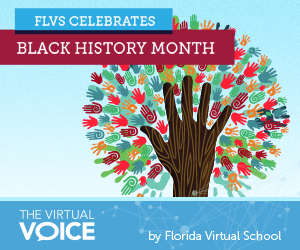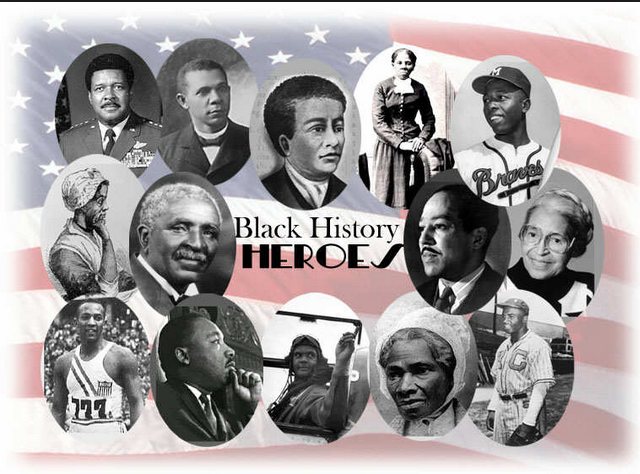Why Black History Month Still Matters
 I can’t remember a time that my heart hurt as badly as it did the day my 6-year-old biracial son told me that he didn’t want to be Black.
I can’t remember a time that my heart hurt as badly as it did the day my 6-year-old biracial son told me that he didn’t want to be Black.
He said that people are not kind to Black people, so he wants to be “tan like Mommy.” My heart ached for my son, for my daughter, and for anyone who has ever felt the sting of discrimination. I am a product of relative privilege; I grew up in middle class suburbia and never experienced marginalization or felt a sense of “other-ness” the way my children do and likely will as their lives unfold. Their story is not my own, but as any parent knows, there are few things that spring a mother into action as when her child is in pain. The day my beautiful, precocious, chocolate-skinned little boy told me that he doesn’t want to own the skin he’s in, my understanding of the importance of identity, cultural sensitivity, and diversity education forever changed.
That day we got online and read about the Little Rock Nine, Linda Brown, Malcolm X, and Angela Davis. A little bit each day at the age-appropriate and pedagogically sound times, my husband and I worked to show our kids why they ought to be proud of their heritage and never face discrimination with shame.
America has been celebrating Black history month since 1976; evolved from Negro History week established by Carter Godwin in 1926. This is a time of the year for the entire country to come together to recognize and celebrate the accomplishments of the men and women upon whose backs our great country was built. The history of our country is so rich and deep. We owe it to our children as our nation becomes increasingly diverse to pay tribute to the great individuals whose sacrifice, strength, and struggle formed our United States of America. I suggest that it is our obligation as educators to facilitate this education in a much more systematic way than we currently do.
Our academic duty to all children is much bigger than a brief rendition of Rosa Parks’ unwillingness to move to the back of the bus, or a video about Dr. King’s “I have a Dream!” speech that frequent the classrooms each February. Perhaps instead we ought to develop a systematic approach to studying the exhaustive list of reputable African Americans who shaped our great nation. People like Mary McLeod Bethune, the daughter of slaves who so yearned for education that she started her own school for African American girls. We should teach of the unsung heroes like Edward Bouchet, who although he had limited educational opportunities earned a PhD in physics when precious few Blacks went to college. We ought to revere and celebrate women like Sarah Breedlove, an entrepreneur and one of the first self-made millionaires. Perhaps we ought to scaffold the stories of the numerous civil rights leaders and activists like Medgar Evers, Stokely Carmichael, Fred Shuttlesworth, and W.E.B. DuBois so that young Black boys and girls will see the historical progression of their roots and swell with pride at the hue of their skin.
Diversity is perhaps one of the greatest strengths of our society that must be celebrated and encouraged. So as we enter the 38th annual Black History Month, the critical question remains: what are you doing to promote and celebrate diversity in your classroom and beyond?


 Darcey Addo is a National Board Certified teacher who has been teaching at FLVS since 2009. She has a Master’s degree in Teacher Leadership and Urban Education and is currently pursuing a PhD in Leadership, Policy and Change in Education. Darcey is an Examiner for the Florida Sterling Council and has a keen interest in process and performance improvement. In her local community, she serves as an adult member of the Youth Advisory Board to the Mayor, helping students get involved in local government and community activism.
Darcey Addo is a National Board Certified teacher who has been teaching at FLVS since 2009. She has a Master’s degree in Teacher Leadership and Urban Education and is currently pursuing a PhD in Leadership, Policy and Change in Education. Darcey is an Examiner for the Florida Sterling Council and has a keen interest in process and performance improvement. In her local community, she serves as an adult member of the Youth Advisory Board to the Mayor, helping students get involved in local government and community activism.
Thank you, Darcey. I continue to learn from you.
I hope that you and your family are doing well.